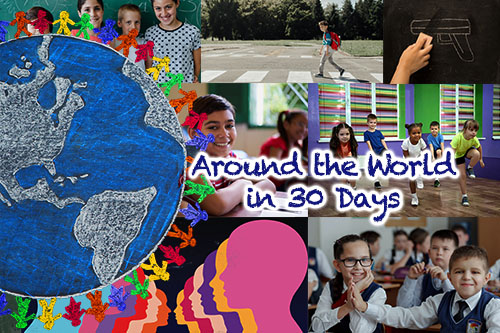
School shootings and suicidal ideation are on the increase. Today students face many different environmental, social and economic challenges compared to the generations that came before them. According to the American Academy of Pediatrics, the number of children and adolescents admitted to children’s hospitals for “thoughts of suicide or self-harm” more than doubled during the last decade. A study of South African students reported that 24.5% of the students in its sample expressed “some form of suicidal ideation in the two weeks before they were interviewed.” A global study by the OECD/PISA of approximately 540,000 students in 72 countries showed that over the last decade student well-being has seriously declined. What’s the role of education? This month we asked our top teachers around the world: How can schools and communities promote well-being, health and happiness for students in their classrooms?
Carol Dweck’s growth mindset research has found that children who believe their talents and abilities can be developed through hard work, perseverance and lots of good mentoring from others are willing to take on more learning challenges. When faced with these challenges, they are more resilient and more likely to succeed, particularly children from vulnerable populations. Dweck, who won the 2017 Yidan Prize for Education Research, is one of the world’s leading researchers in the field of motivation. We were honored to welcome her to The Global Search for Education this month to focus on how educators, parents and students foster a growth mindset versus a fixed mindset so all can achieve in a 21st Century World.
How has globalization affected the approach of education systems to policy? What are international governments doing about the reforms needed? What are the main priorities and how can politics and people influence policy implementation? Global education systems are being asked to develop young people’s “critical thinking, team working, collaboration, and creativity to be able to succeed in life and in the labor market,” says the OECD’s Beatriz Pont, who adds that implementing policy in the political context is complicated, “with many actors involved, including national, regional and local policy makers, school leaders, teachers, parents, students and others.” This month, The Global Search for Education welcomed Beatriz Pont to discuss policy, politics and people in the age of globalization.
Daniel Kunin is on a mission to convince all that Mathematics is beautiful. Daniel Kunin, a first-year masters student at Stanford University, studies Computational and Mathematical Engineering and is also the creator of the online platform, Seeing Theory, where he uses creative and innovative ways to teach statistics and probability relevant to a changing world. In The Global Search for Education this month, Kunin discusses math education today and how he believes it can be improved in order to both foster curiosity and be more relevant now and going forward. He argues that math should also be taught the same way that other subjects are taught so that it’s not just about learning the technical details but also about learning how to appreciate the “beauty” of the subject.
Our thanks once again to our amazing teachers and all our other contributors and supporters around the world. We look forward to more of your contributions next month. When it comes to the world of children, there is always more work to be done.
(Photos are courtesy of CMRubinWorld)
C. M. Rubin
Join me and globally renowned thought leaders including Sir Michael Barber (UK), Dr. Michael Block (U.S.), Dr. Leon Botstein (U.S.), Professor Clay Christensen (U.S.), Dr. Linda Darling-Hammond (U.S.), Dr. MadhavChavan (India), Charles Fadel (U.S.), Professor Michael Fullan (Canada), Professor Howard Gardner (U.S.), Professor Andy Hargreaves (U.S.), Professor Yvonne Hellman (The Netherlands), Professor Kristin Helstad (Norway), Jean Hendrickson (U.S.), Professor Rose Hipkins (New Zealand), Professor Cornelia Hoogland (Canada), Honourable Jeff Johnson (Canada), Mme. Chantal Kaufmann (Belgium), Dr. EijaKauppinen (Finland), State Secretary TapioKosunen (Finland), Professor Dominique Lafontaine (Belgium), Professor Hugh Lauder (UK), Lord Ken Macdonald (UK), Professor Geoff Masters (Australia), Professor Barry McGaw (Australia), Shiv Nadar (India), Professor R. Natarajan (India), Dr. Pak Tee Ng (Singapore), Dr. Denise Pope (US), Sridhar Rajagopalan (India), Dr. Diane Ravitch (U.S.), Richard Wilson Riley (U.S.), Sir Ken Robinson (UK), Professor Pasi Sahlberg (Finland), Professor Manabu Sato (Japan), Andreas Schleicher (PISA, OECD), Dr. Anthony Seldon (UK), Dr. David Shaffer (U.S.), Dr. Kirsten Sivesind (Norway), Chancellor Stephen Spahn (U.S.), Yves Theze (LyceeFrancais U.S.), Professor Charles Ungerleider (Canada), Professor Tony Wagner (U.S.), Sir David Watson (UK), Professor Dylan Wiliam (UK), Dr. Mark Wormald (UK), Professor Theo Wubbels (The Netherlands), Professor Michael Young (UK), and Professor Minxuan Zhang (China) as they explore the big picture education questions that all nations face today.
The Global Search for Education Community Page
- M. Rubin is the author of two widely read online series for which she received a 2011 Upton Sinclair award, “The Global Search for Education” and “How Will We Read?” She is also the author of three bestselling books, including The Real Alice in Wonderland, is the publisher of CMRubinWorldand is a Disruptor Foundation Fellow.
Follow C. M. Rubin on Twitter: www.twitter.com/@cmrubinworld

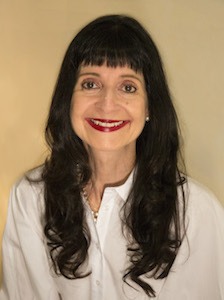
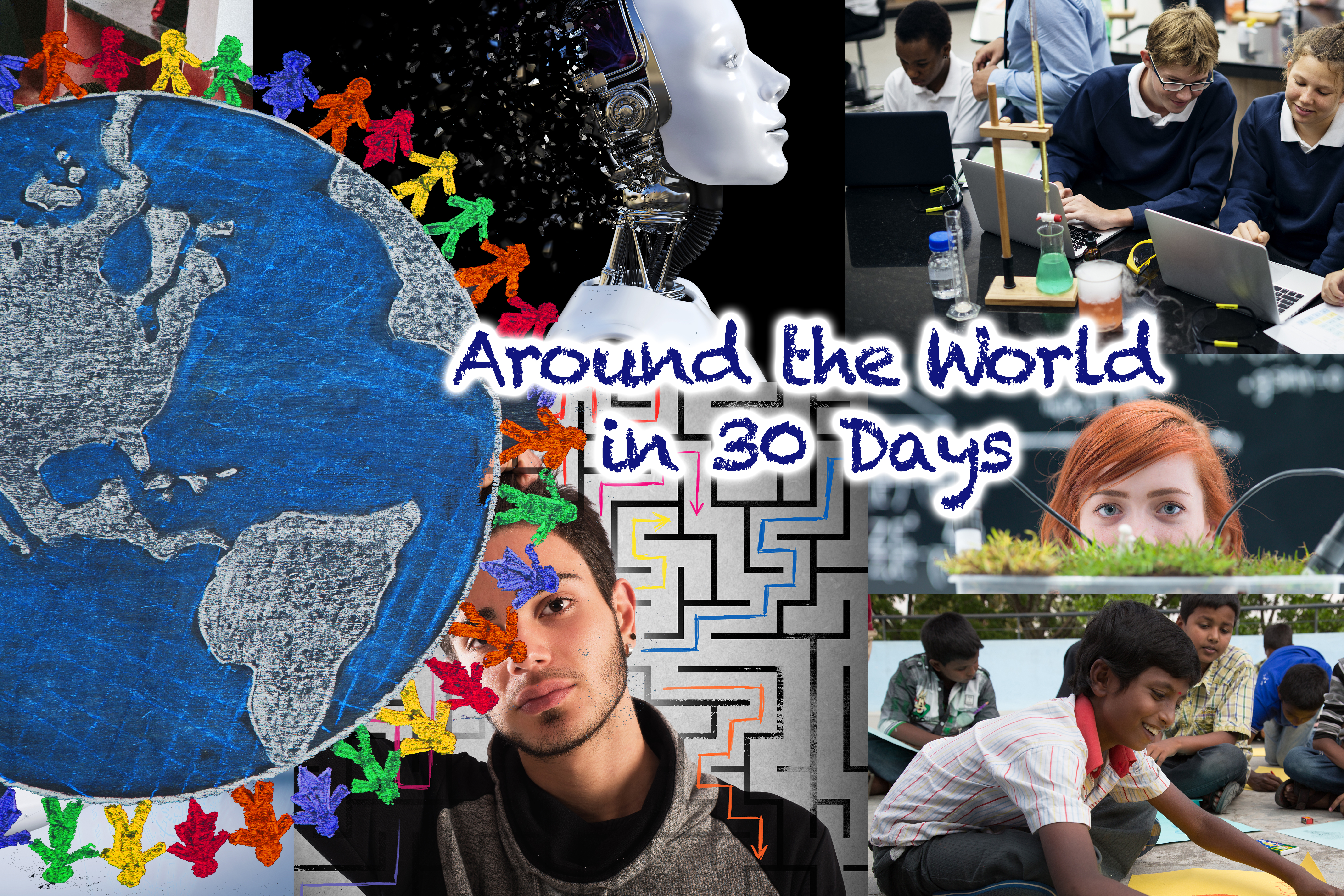
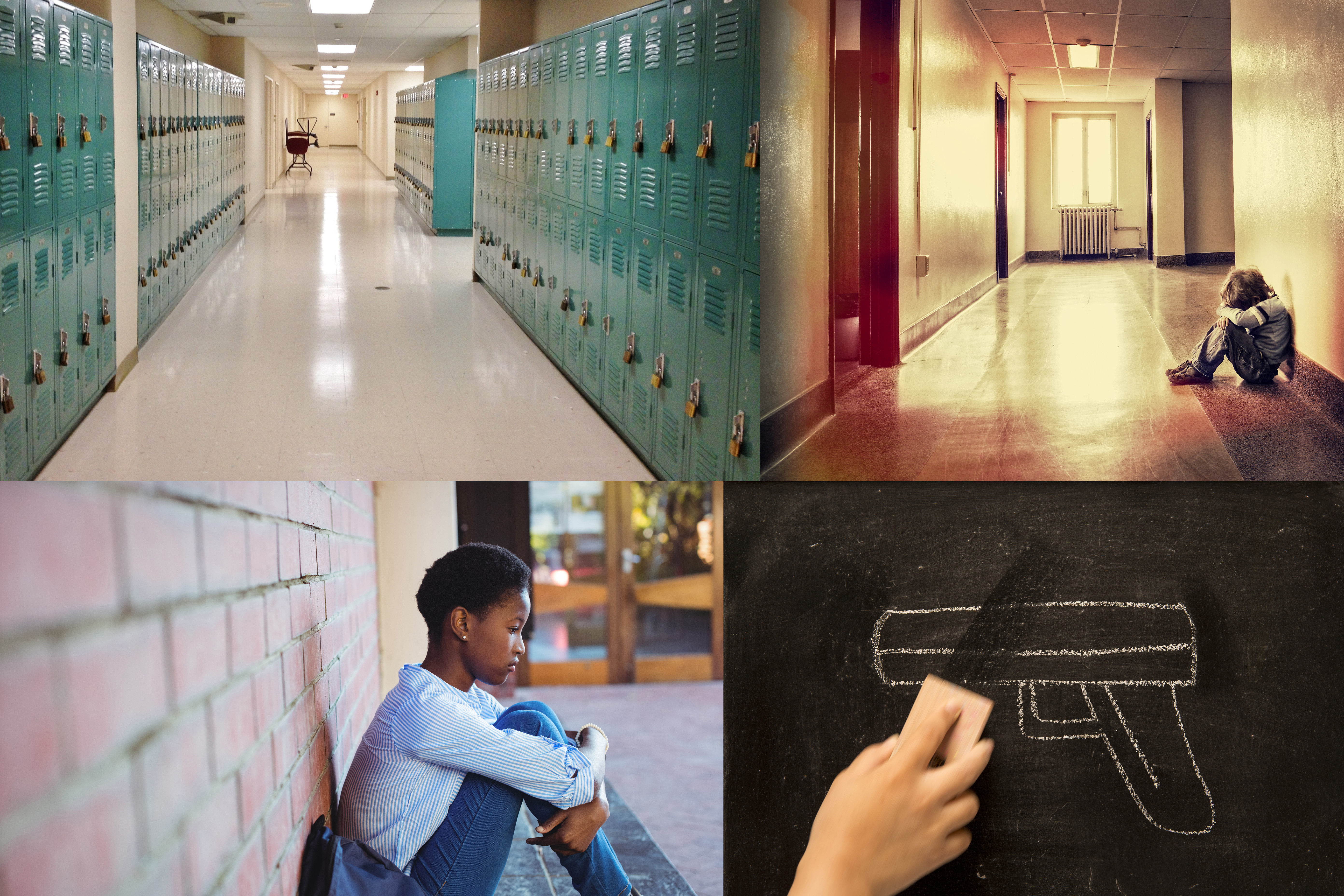
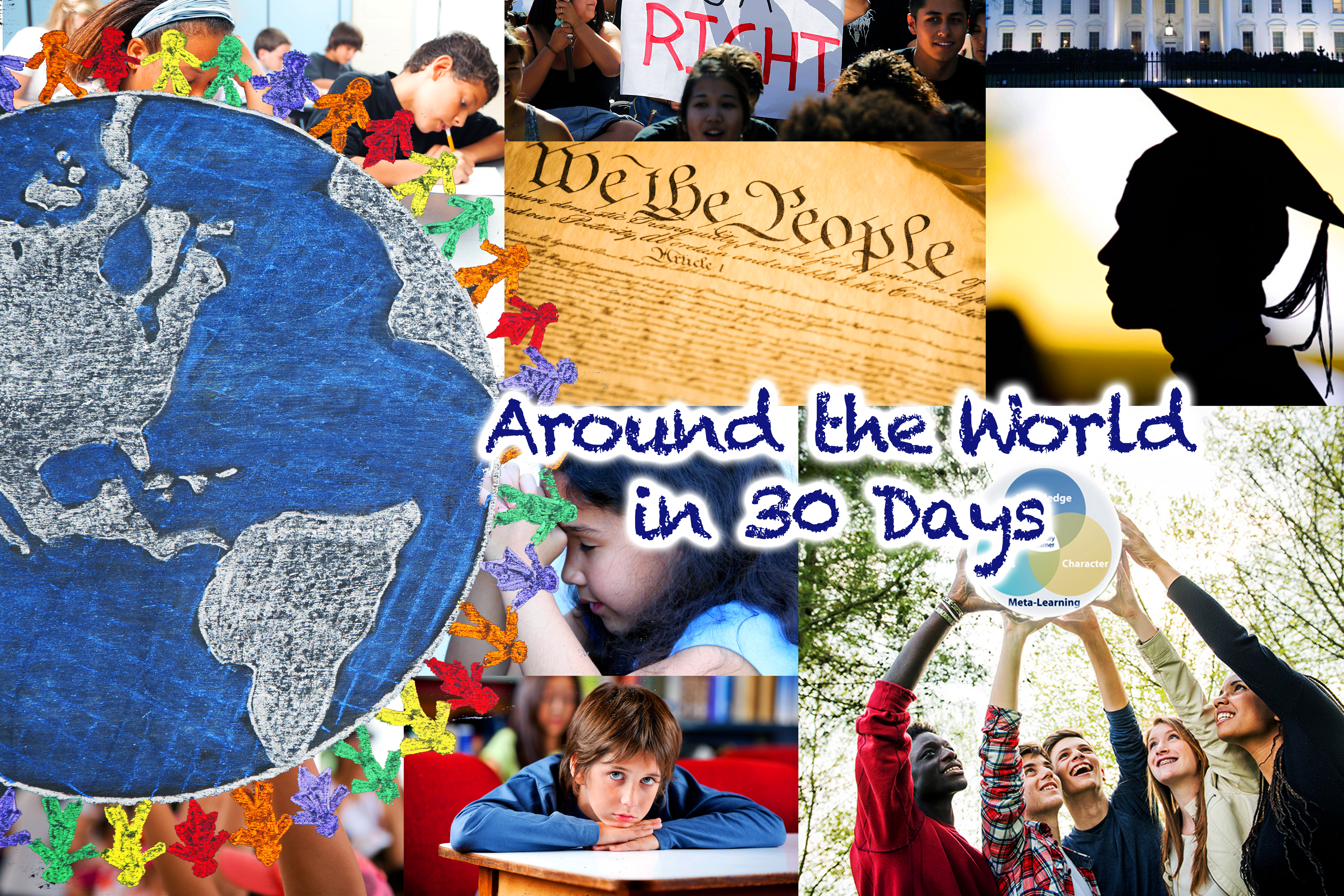
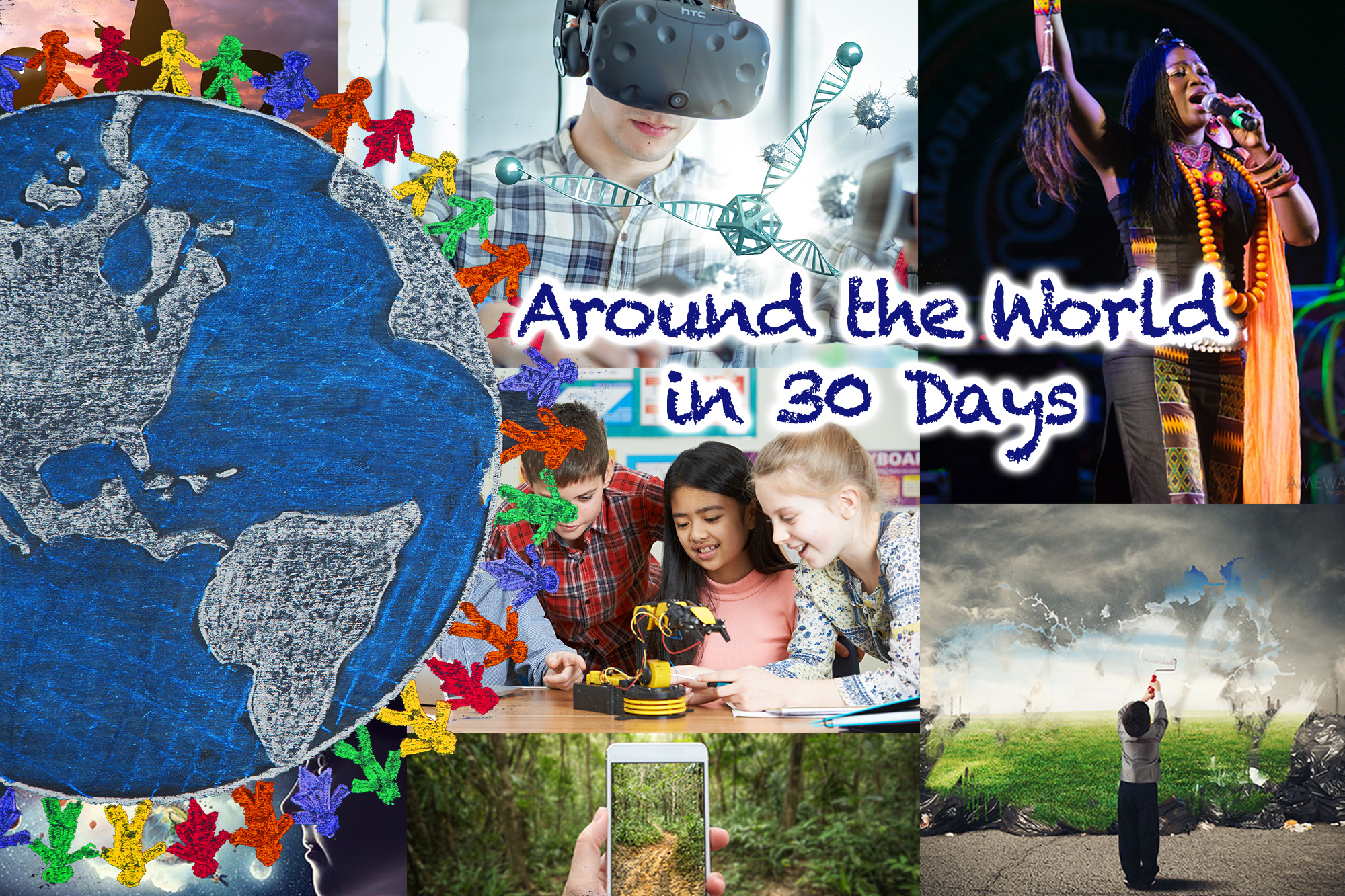
Recent Comments